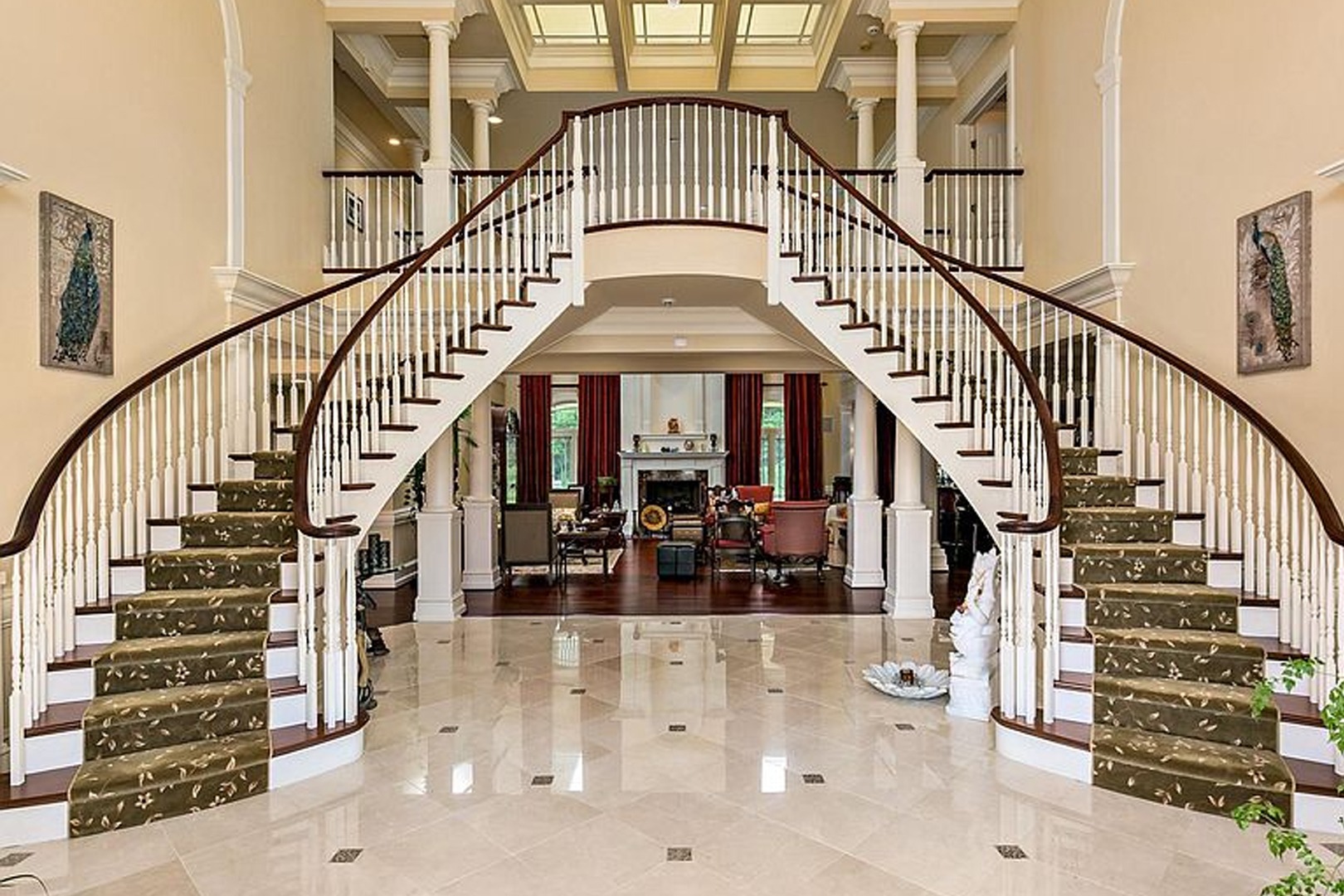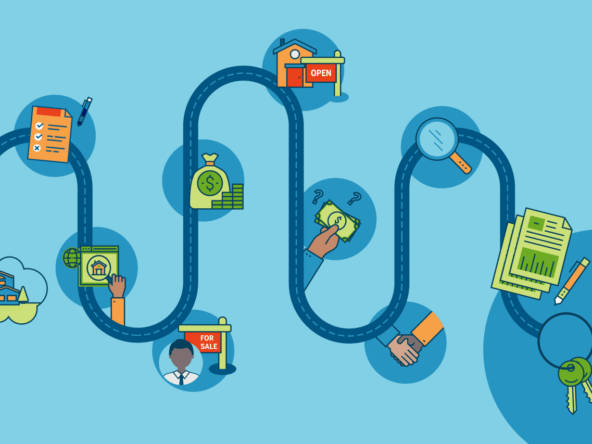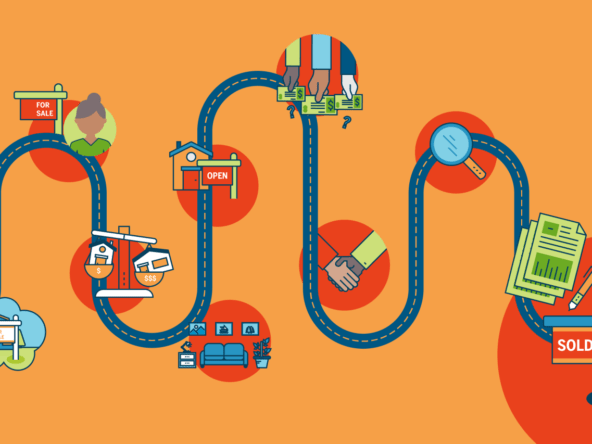Here’s how to price your home to sell fast.
Your home is more than just a bunch of rooms under a roof. It’s the space where you watched your daughter take her first steps, hosted Super Bowl parties, and celebrated holidays. Those memories are priceless. But when sell your house, the warm and fuzzies can’t factor into the question: What is the value of my home?
You aren’t selling your memories; you’re selling a house.
This is where an agent can help. You’re the one who will set your listing price, but your agent has the expertise and local knowledge to advise on how to price your house so it doesn’t languish on the market.

#1 Don’t Go High Out The Gate
You think your house is great. The problem is sellers often think their house is so great that they list at too high of a price and miss the window of sales opportunity that comes with a new listing.
“By listing too high, you lose your most important leverage and timing because it’s new,” says Ali Evans, an agent in Santa Barbara, Calif. “If you overprice it, you miss out on all those buyers.”
The longer your house sits on the market, the less likely you are to get your asking price. Because buyers expect there’s a deal to be made on a house that’s been on the market for months.
“If something doesn’t move in the first 30 days or so, then people start thinking that they’re not going to be paying full price any longer,” Evans says.
Bottom line: Listen to your real estate agent about home value, because she knows how to price your home to sell fast. She’s looking at all of the comp prices and knows what the competition is like in your market.
#2 Don’t Assume Upgrades Will Get You A Higher Price
You renovated your kitchen after you watched too many episodes of Property Brothers. You looooove the way your reno turned out, because your kitchen is now stunningly modern, as kitchens on HGTV are. Everyone else will love it too, right? So you want to push up the listing price.
Don’t be so sure everyone else will pay big bucks for it, Evans says.
“Upgrades that are done in very specific taste can be tricky. Updates that are neutral are going to appeal to a lot of people will see more value,” she says. “But upgrades don’t always equal value.”
In fact, research from the NATIONAL ASSOCIATION OF REALTORS® shows you might recoup 59% of your costs, based on a national average, on a complete kitchen upgrade.
In other words, just because you put $65,000 into your kitchen renovation doesn’t mean you can list your home for an additional $65,000. Your agent can help you assess the market value of your upgrades and answer the big question, What is the value of my home?
#3 Don’t Set A Dollar Amount You Need To Make
Having an idea of what you want to earn from your house sale is fine, because you’re looking at your home as the giant investment that it is. But pricing your home so that you will make a certain amount of money is the wrong approach.
The number you have in your head may not be in line with the market. This is where doing research on the housing market comes in handy, as well as listening to your agent.
“Make sure you understand the logic behind the price your agent suggests,” Evans says “It’s important to not be frustrated that it’s $20,000 below where you want to price it, and understand the thought process.”
Your agent will research the market to see what other houses in your area are selling for. He also knows the market, the inventory of houses for sale, and how your home compares to others in the area.
If you’ve listed the home too high, and you’re not getting any bites, don’t be afraid to do a price correction, Evans says. Lowering the price shows buyers you’re realistic and motivated. Adjusting the price is a key part of knowing how to price your home.

#4 Don’t Let Emotions Get The Best of You
For most people, selling a home is emotional. Whether you’ve lived in your house for four years or 40, you’re attached to it. But it’s important to not let your emotions drive you to price your house for more than it’s worth.
Listen to your agent on how to price your home. His cool-headed knowledge of the market and real estate inventory will be a wiser guide for pricing than your irrational love for the bay window in the living room, the restored hardwood floors, and the way the light shines in your beloved sunroom in the morning.
“Pricing can’t be an emotional thing,” Evans says. “It needs to be based on market analysis, which is why an outside perspective is important.”
When you ask yourself, ‘what is the value of my home,’ think with your head, more so than your heart.




